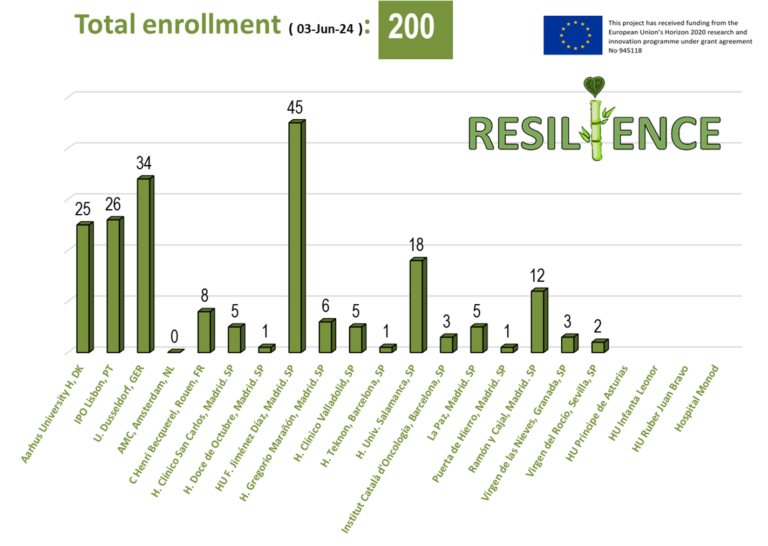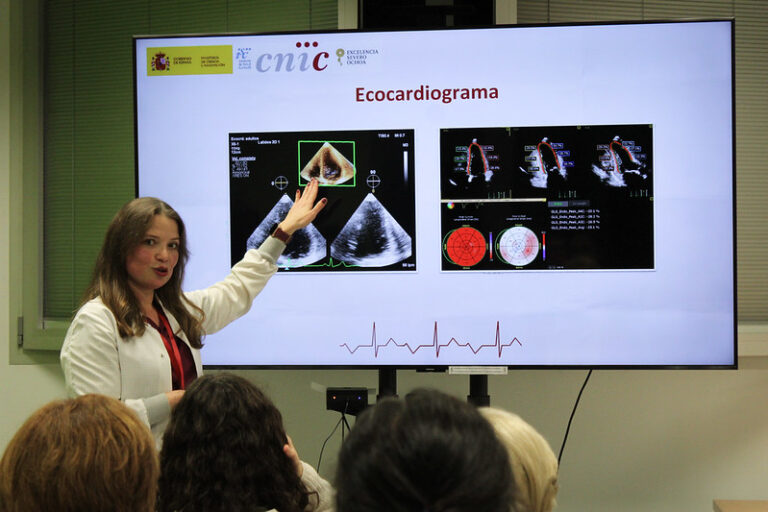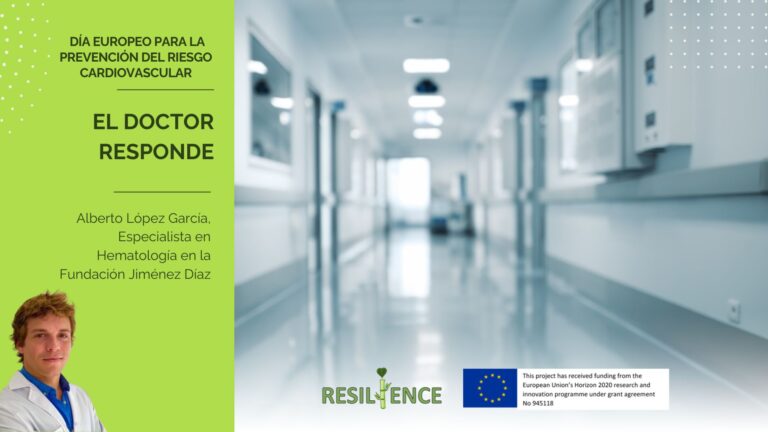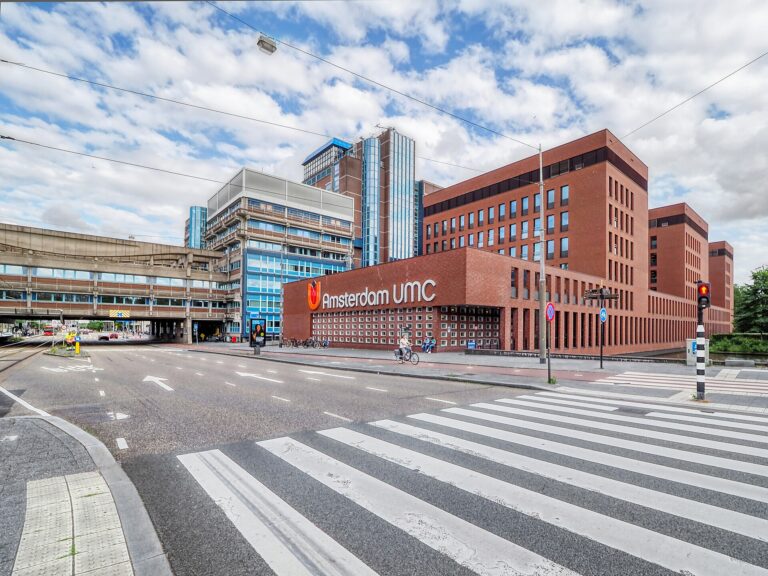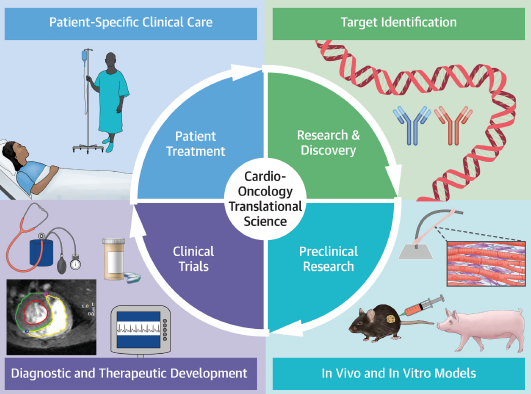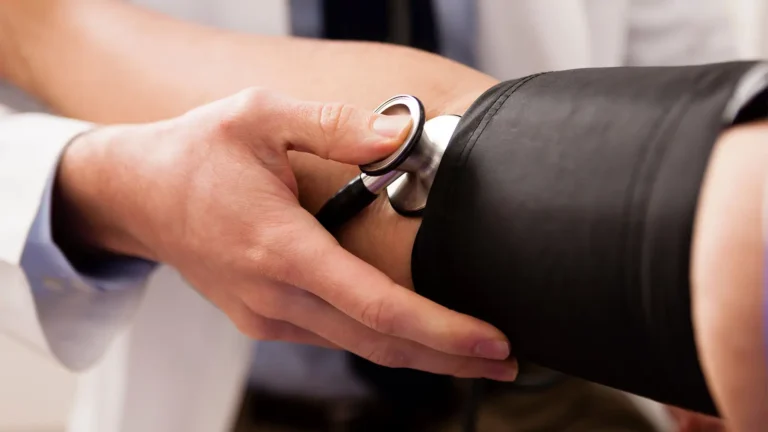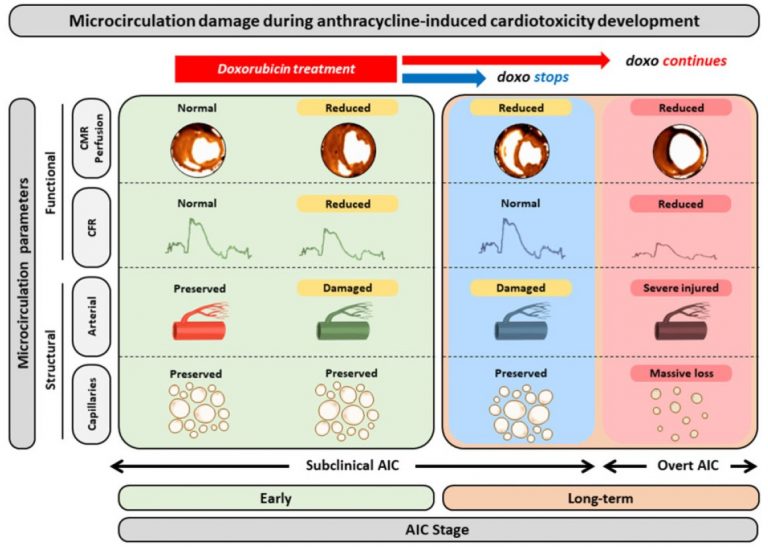Non-Hodgkin’s lymphoma is a disease that can be approached from different treatment alternatives. However, its prognosis depends on the type of lymphoma in question, with the most aggressive ones being the most responsive to therapy.
When a person receives a diagnosis of Non-Hodgkin’s lymphoma, it is important that both the patient and his or her family are aware of the treatments available, as well as the prognosis of the disease. Information, as long as it is obtained from reliable sources, provides power and certainty to people affected by pathologies such as this one. Therefore, in this article we will try to collect the medical interventions available for this disease, as well as information about the prognosis that can be expected.
What treatments are used to cure Non-Hodgkin’s lymphoma?
Essentially, there are four main treatments to intervene on Non-Hodgkin’s lymphoma. The choice of one or the other will depend on several factors, such as the type and stage of the lymphoma, the possible side effects or the patient’s preferences and general condition. In addition, it is common for the different treatments to be combined with each other in various ways. These are as follows:
1. Chemotherapy
This is the main treatment, and consists of the use of drugs to destroy the cancerous cells so that they stop growing and proliferating.
2. Immunotherapy
In this case, the treatment aims to strengthen the body’s natural defenses, so that the immune system can be stronger when it comes to fighting cancer.
3. Targeted therapy
This type of therapy targets specific cancer genes or proteins. The goal is to slow the growth and spread of cancer cells, while minimizing possible damage to healthy cells.
4. Radiation therapy
This treatment involves using high-powered X-rays, electrons or protons to destroy the cancer cells.
What is the prognosis of Non-Hodgkin’s lymphoma?
In general, there is no overall prognosis for all patients with Non-Hodgkin’s lymphoma. However, the expected disease progression can be defined according to the type of Non-Hodgkin’s lymphoma at issue.
Aggressive lymphoma
These lymphomas are characterized by very accelerated growth, which is accompanied by obvious and sudden clinical symptoms. Surprisingly, these usually show a good response to treatment, so their prognosis is usually more positive.
Indolent lymphoma
This type of lymphoma has a less aggressive character, so instead of making an explosive onset it usually follows a more stable course. Although they are difficult to cure, in some cases it is possible that they can be kept under control with proper medical supervision.
The RESILIENCE project and Lymphoma
RESILIENCE aims to reduce the incidence of heart failure in patients who have survived cancer. Anthracyclines remain the first-line treatment for many types of cancer, but up to 35% of patients who receive them develop cardiac toxicity and heart failure.
Therefore, the RESILIENCE project is focused on patients with non-Hodgkin’s lymphoma who will receive anthracycline chemotherapy (at least 5 cycles). The goal is to develop an intervention aimed at reducing this consequence of treatment and improving the quality of life of patients. All this by means of Remote Ischemic Conditioning, known by its abbreviation in English as RIC. Using a device similar to blood pressure monitoring, the aim is to interrupt circulation in the arm to send signals to the heart and make it more resistant to possible threats, such as anthracycline toxicity.
If you want to know more about the RESILIENCE project and how it affects patients with Non-Hodgkin’s lymphoma, please contact us!







